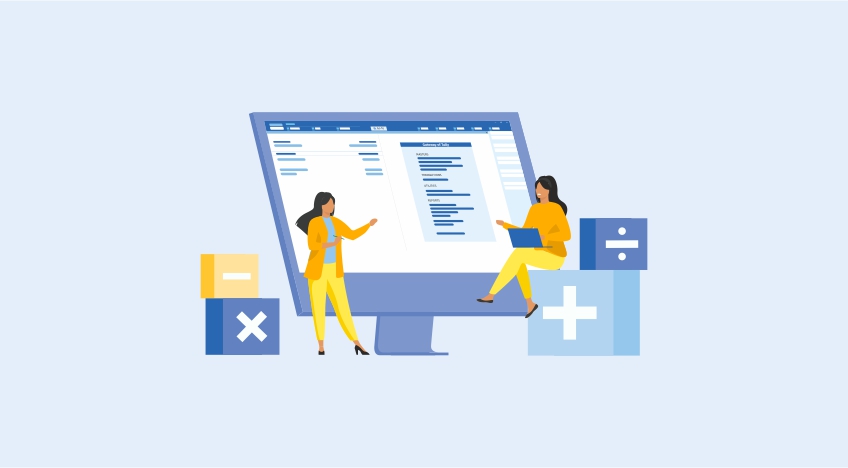Collateralized Loan Obligation CLO equity funds offer investors a way to tap into a broad range of leveraged loans without having to pick individual loans themselves. These funds invest in CLO equity tranches, which represent ownership stakes in CLO vehicles that hold diversified pools of loans. By pooling many loans from different companies, sectors, and industries, CLO equity funds spread risk while aiming for attractive returns. This approach allows investors to gain exposure to leveraged loans efficiently and with professional management overseeing credit selection and risk.
Understanding CLO Equity Funds and Leveraged Loans
A CLO is a type of structured credit product that bundles many leveraged loans into a single portfolio. Leveraged loans are typically loans extended to companies with higher debt levels, often below investment-grade credit ratings. These loans offer higher yields due to their increased risk profile. CLOs slice these loans into different tranches based on risk and return, with the equity tranche being the most junior but also offering the highest return potential. CLO equity funds buy these equity tranches, investing in clo funds to the underlying leveraged loans while benefiting from diversification and active management.

CLO Equity Funds Provide Access to Diversified Leveraged Loans
- Diversification Across Many Loans: CLOs hold dozens or even hundreds of leveraged loans from various companies. This diversification reduces the impact of any single loan default on the overall investment.
- Professional Management: Experienced CLO managers actively select, monitor, and manage the loan portfolio to optimize returns and control risk.
- Exposure to Higher Yields: Leveraged loans typically offer higher interest rates compared to traditional fixed income. CLO equity holders can benefit from this yield premium as part of their returns.
- Risk Mitigation through Trenching: CLOs structure loans into different layers or tranches, each with varying levels of risk and priority of payment. The equity tranche absorbs losses first but also has the highest upside potential.
- Access to a Specialized Market: Leveraged loans are often less accessible to individual investors due to their complexity and liquidity constraints. CLO equity funds provide a convenient gateway.
Benefits of Investing in CLO Equity Funds
- Broader Market Access: Investors gain exposure to a wide range of companies and industries, reducing single-company risk.
- Active Credit Analysis: Fund managers perform in-depth credit analysis and can adjust the portfolio in response to changing market conditions.
- Potential for Attractive Returns: The combination of leveraged loan yields and CLO structure can result in compelling risk-adjusted returns over time.
- Liquidity Advantages: While CLO equity investments may not be as liquid as traditional stocks or bonds, many funds provide regular liquidity options.
CLO equity funds serve as an effective tool for investors looking to access diversified pools of leveraged loans. By investing in the equity tranches of CLOs, investors benefit from broad diversification, professional management, and exposure to higher-yielding credit markets. This structure helps manage the risk inherent in leveraged loans while aiming for attractive returns. Through these funds, investors can participate in a specialized credit market that might otherwise be difficult to access, making CLO equity funds a valuable option for diversified investment portfolios.





